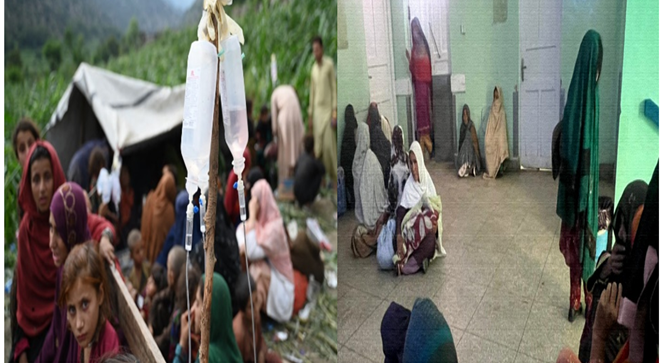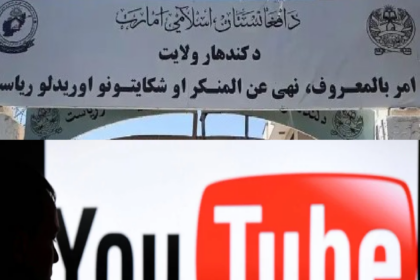RASC News Agency: In Kandahar, the Taliban’s Department for the Propagation of Virtue and Prevention of Vice has intensified its repressive campaign against women by ordering doctors across all hospitals to deny medical treatment to female patients unless they are accompanied by a male guardian. Local transport workers have also been threatened: taxi and rickshaw drivers were instructed not to carry unveiled women, even in medical emergencies a measure that residents describe as both inhumane and life-threatening.
Sources further report that Taliban forces, working hand in hand with officials of this department, raided several women’s tailoring workshops in Kandahar, including in Aino Mina and Rangrezan Dana. Dozens of female seamstresses were arrested and imprisoned, stripping families of their only sources of livelihood. This act of economic strangulation has triggered deep anger in local communities, though Taliban officials have warned of even harsher measures in the coming weeks.
While Kandahar suffers under the suffocating weight of these decrees, eastern Afghanistan faces a parallel catastrophe. The United Nations Population Fund (UNFPA) has revealed that more than 11,600 pregnant women affected by recent earthquakes urgently require healthcare. Yet, due to the Taliban’s sweeping bans on female health professionals and its obstruction of international agencies employing women, most of these mothers-to-be are left without even the most basic maternity services.
According to UNFPA, thousands of women are living in makeshift tents, enduring acute shortages of medical care, sanitation facilities, and psychological support. Many face dangerous pregnancy complications, heightened risks of maternal mortality, and trauma-induced stress. The agency has appealed for $5 million in emergency funding to sustain assistance for more than 140,000 affected women and girls through December 2025.
The overlap of these two crises systematic social repression and a deepening humanitarian emergency paints a grim picture of women’s reality under Taliban rule. In Kandahar and other cities, women are stripped of dignity, work, and mobility; in Kunar and the east, expectant mothers are left to face childbirth in perilous conditions without trained female doctors or midwives.
What emerges is not merely a temporary hardship but a calculated policy of suppression that weaponizes both religion and governance to erase women from public life. The Taliban’s actions have created a climate where even survival itself has become a struggle for women, with their most basic rights to health, freedom, and dignity systematically denied.
As Afghanistani women confront this compounded crisis, their future appears more precarious than at any moment in recent history. The urgent call is clear: without decisive international intervention and sustained internal resistance, half of Afghanistan’s population will remain trapped under an apparatus of repression that thrives on silencing and subjugation.






